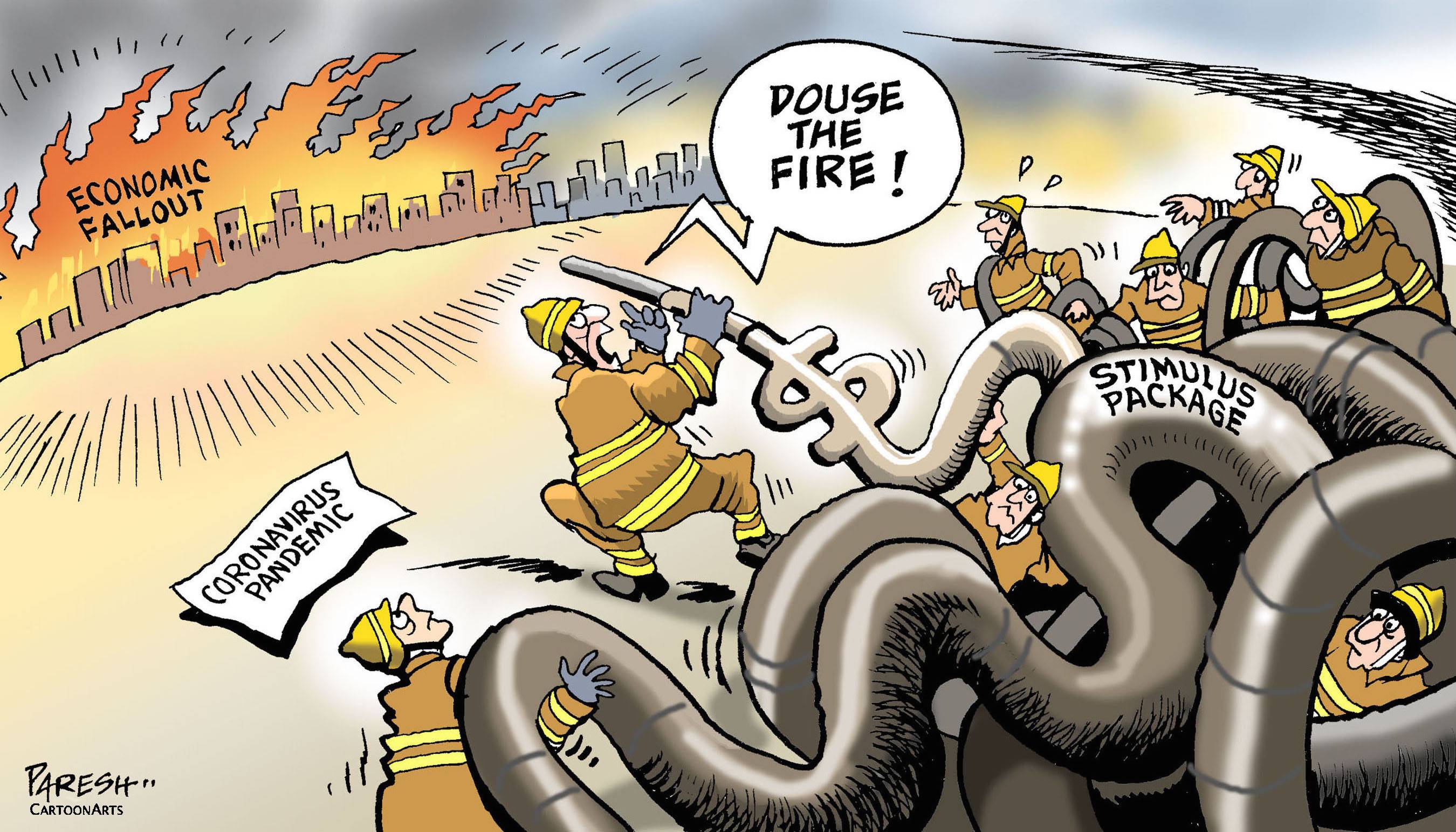As of today, almost half the world’s population, nearly 4 billion people, are under government-mandated lockdowns in an effort to stop the spread of COVID-19.
How long should the lockdowns last? The obvious answer, to paraphrase British Prime Minister Boris Johnson, is until we’ve “beaten” COVID-19. But when exactly will that be? Until not a single person on Earth has it? That may never happen. Until we have a vaccine, or an effective treatment? That could easily be a year away, perhaps much longer. Do we want to keep people locked down, our societies shuttered — restaurants, parks, schools and offices closed — for that long?
It pains us to say it, but U.S. President Donald Trump is right: “We cannot let the cure be worse than the disease.” Lockdowns have health benefits: fewer will die of COVID-19, as well as other transmissible diseases. But they have real social and economic costs: social isolation, unemployment and widespread bankruptcies, to name three. These ills are not yet fully apparent, but they soon will be.
















With your current subscription plan you can comment on stories. However, before writing your first comment, please create a display name in the Profile section of your subscriber account page.